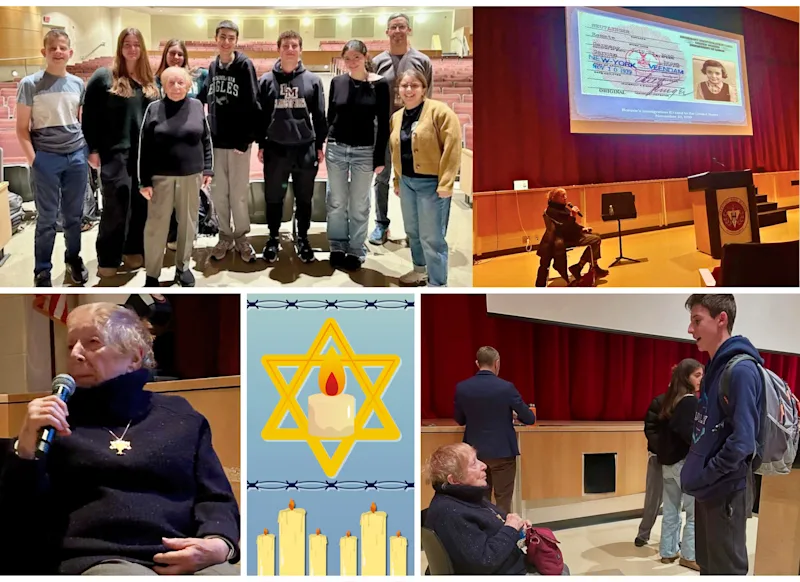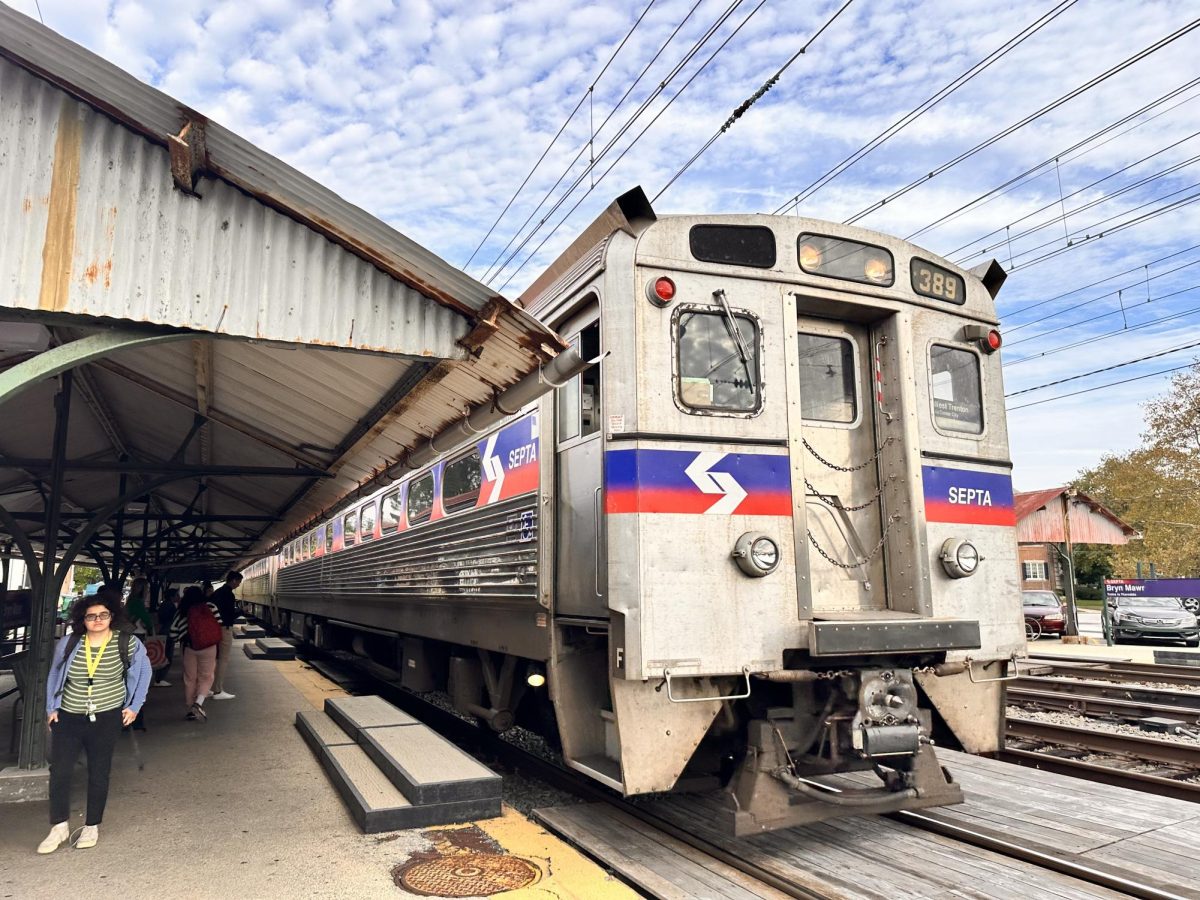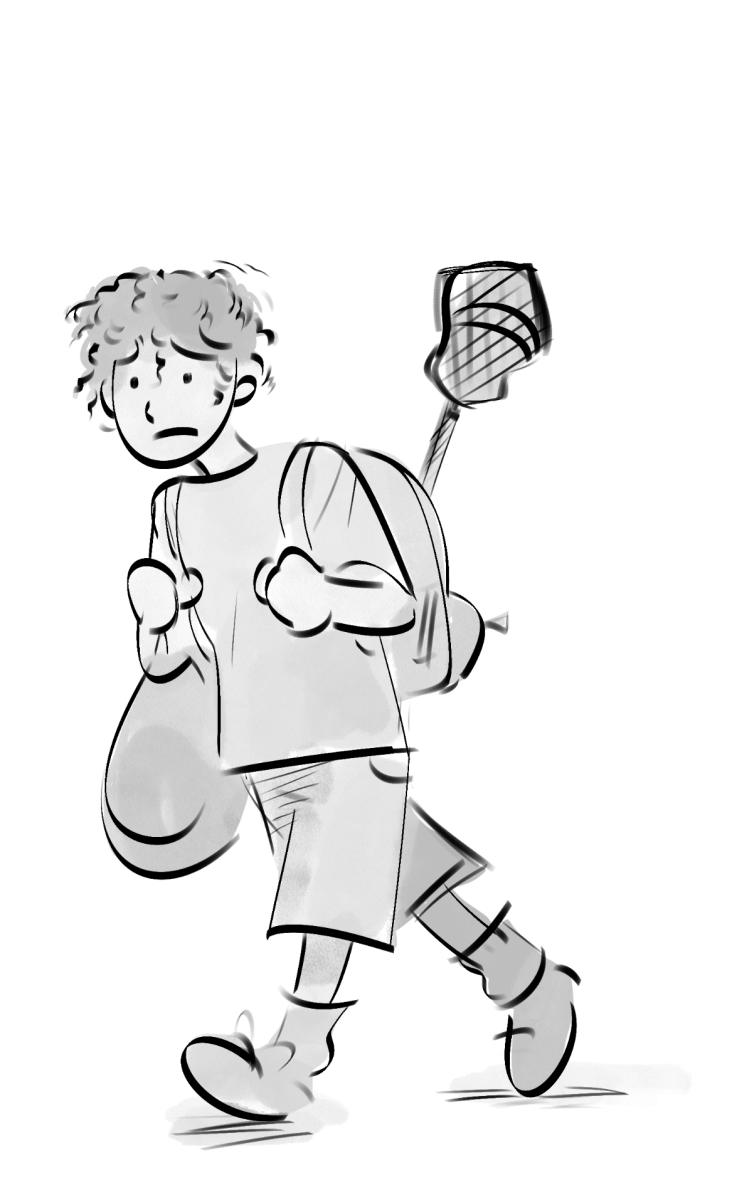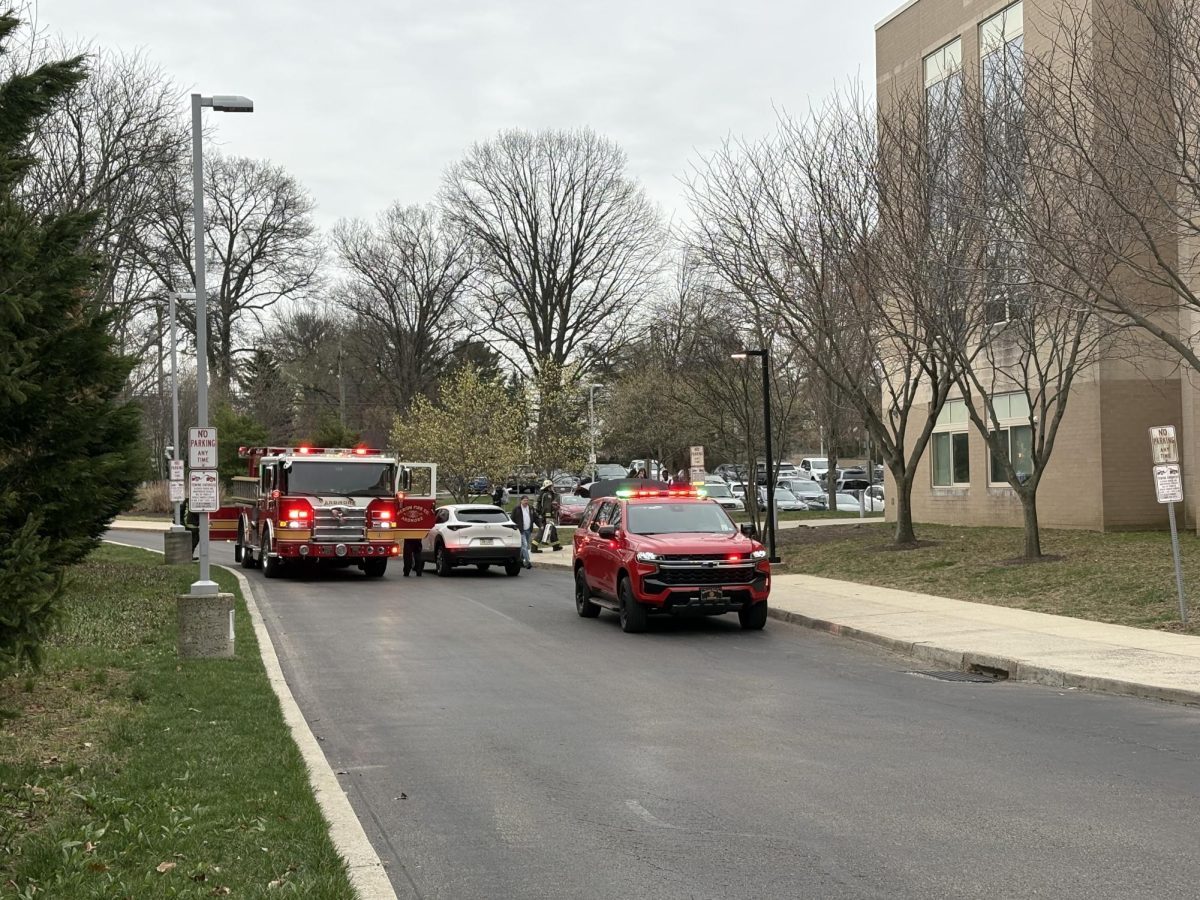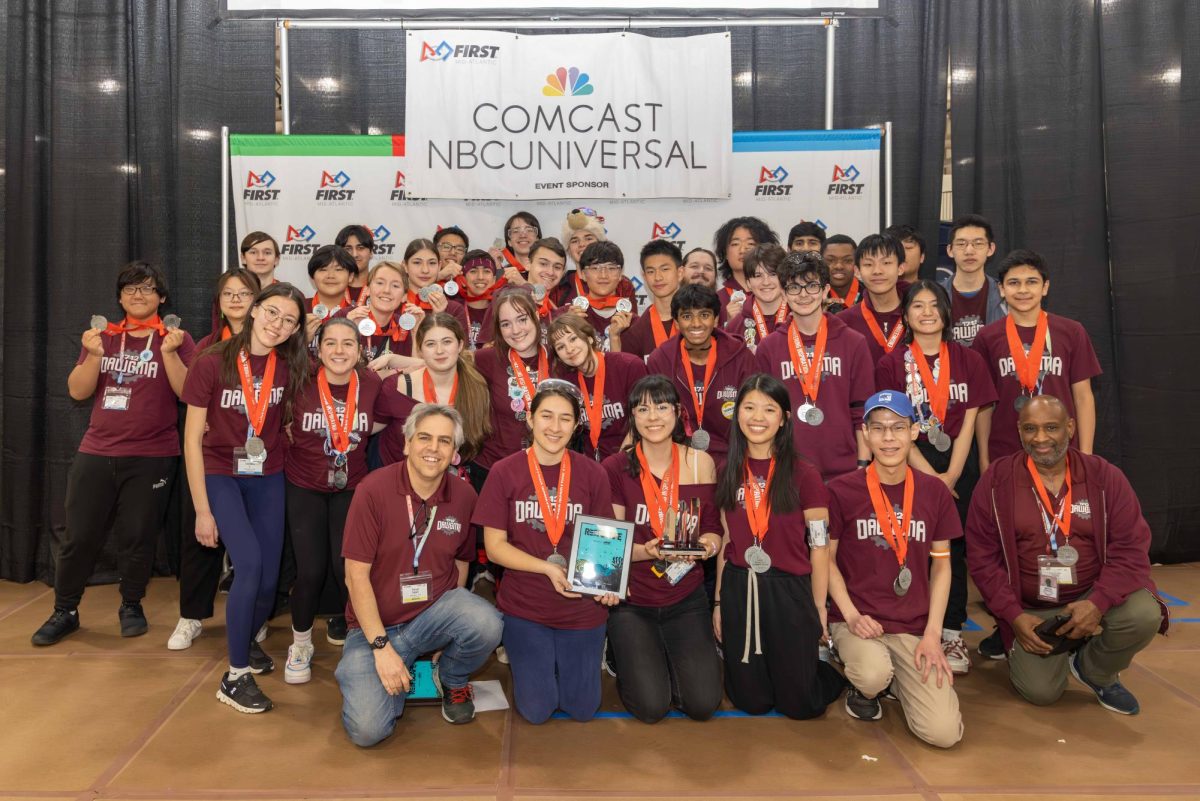On January 27, LM hosted Ronnie Breslow, one of the last living Holocaust survivors, who shared her story with more than 200 students in the auditorium. What started as an idea for the Jewish Student Union Club (JSU) to commemorate Holocaust Remembrance Day, evolved into a larger event that engaged a variety of students within the school community.
The event was orchestrated through the efforts of JSU’s co-president Mia Elkins ’26 as well as the club’s sponsor, math teacher Michael Bomze. At the beginning of the assembly, Elkins welcomed the attendees and introduced the guest speaker. Elkins expressed gratitude for the full audience and shared how the event came to be, saying “I was able to bring Ronnie Breslow in to speak because of my internship with StandWithUs which is an organization dedicated to combating antisemitism and educating others.” Her insight demonstrated her personal connection to the speaker, and the organization, while also highlighting her determination towards creating educational opportunities for members of the school community.
Bomze played a pivotal role as well, taking charge in communicating with the 9th Grade English teachers and AP Lang teachers to ensure their classes could take part in the assembly during class time, helping maximize student participation.
The event drew a diverse audience and offered a rare opportunity to hear a firsthand account of the Holocaust. Sasha Romanski ’26 was a student in attendance for Breslow’s presentation and noted, “it was really surreal to get to listen to a Holocaust survivor in person, especially because there are so few of them left to share their experiences.”
For all who were unable to attend, Ronnie Brelow, born Renate in Kirchheim Germany, lost many friends in her childhood after the Nuremberg laws that were enforced by the Nazis came into effect and isolated Jews from society. Forbidden from going to school and stripped of basic rights, her family searched for escape opportunities. Her father managed to secure a single ticket to Cuba and despite not wanting to leave his family, he was urged by his wife to go. Breslow’s mother was determined to find a ship for her and her daughter, and eventually they were able to board the S.S St. Louis in hopes of joining the father in Cuba. However, upon arriving at their destination, the passengers were denied entry. Cuba refused to allow the ship to dock, and the United States ignored requests to allow anyone aboard, which left all passengers stranded at sea.
The Captain of the S.S St. Louis, Gustav Schroeder, refused to return the passengers to Germany, knowing their fate. Eventually, four European countries offered to take in passengers, but Nazi’s were prepared for their arrival and ended up putting the Jews into detention camps. One day Breslow’s father became eligible to Cuba and legally enter the U.S and his first move was to fill out paperwork to bring Ronnie and her mother home. Without any other choice but to leave other scared Jews behind at the camp, Breslow and her mother left Holland, made it to America, and Ronnie got to reunite with her father after nearly a year of being apart.
Breslow lost family, friends and important aspects of her childhood in this process, but she tells her story in order to provide younger generations with education about the event. From the first time meeting Ronnie, Elkins was “inspired by her lively spirit and witty humor.” However, even more impressive than her fun personality was her ability to remember detailed moments from her experience in the Holocaust. For example, Elkins recalled that “Ronnie was able to remember vivid details about various places and people in her life that helped the audience visualize her story” Whether it was highly specific features of the S.S St. Louis or particular nuances of her family’s valuables that they were forced to leave behind when they left their home, Breslow was able to provide the audience with enough imagery to create an immersive experience. JSU’s current President, Andrew Stearn ’25 was also impacted by Breslow’s profound recollection, explaining “I was amazed by how thorough and detailed Ronnie’s account was. I am grateful that Ronnie shared her story because her passing down her story is an important part in never forgetting the Holocaust.”
Towards the end of the assembly, Breslow responded to several student questions related to her presentation. She addressed specific details from her journey, offered additional context about the timeline of events during the Holocaust and even spoke briefly about the importance of cultural education in modern society.
In her autobiography, Breslow emphasizes, “If you see injustice in the world, we all need to actively be involved to stop it.” She argues that education is a vital tool for training people to recognize injustice when it appears and take action to stop it.
The LM community is grateful for Ronnie Breslow’s courage and willingness to share her story with our generation to carry on.


